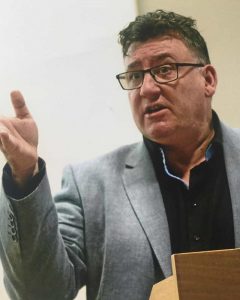The diploma course in clinical logotherapy is specifically designed for mental health professionals such as psychotherapists, counsellors, psychologists, psychiatrists, social workers, pastors and priests, and all those interested in pursuing Continuing Professional Development in their respective careers.
- Fee - €800
- Duration - 40 hours
